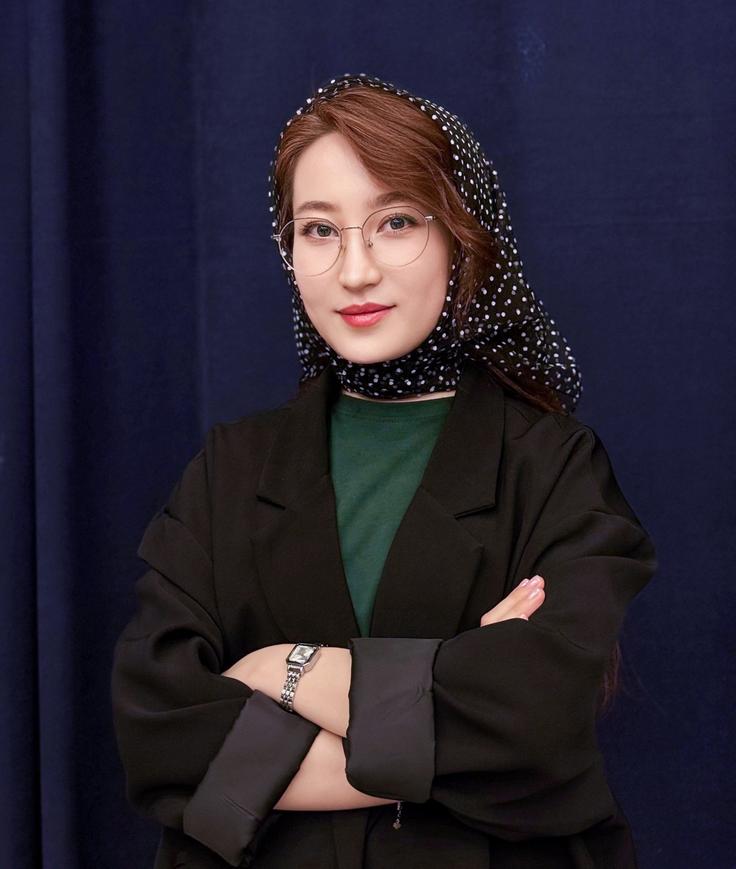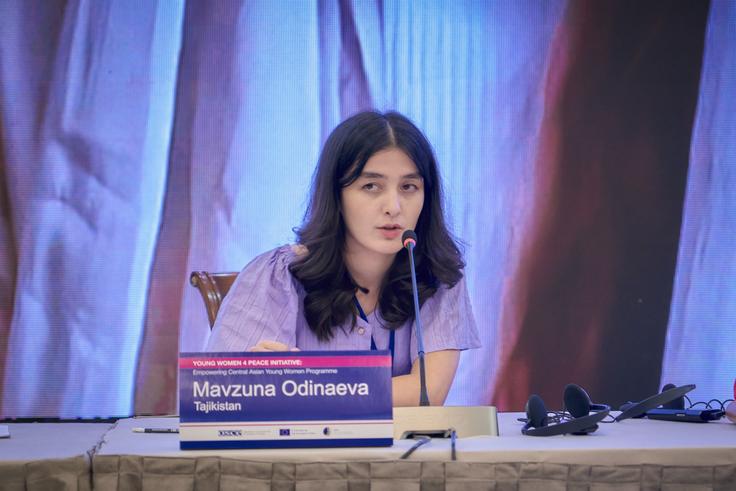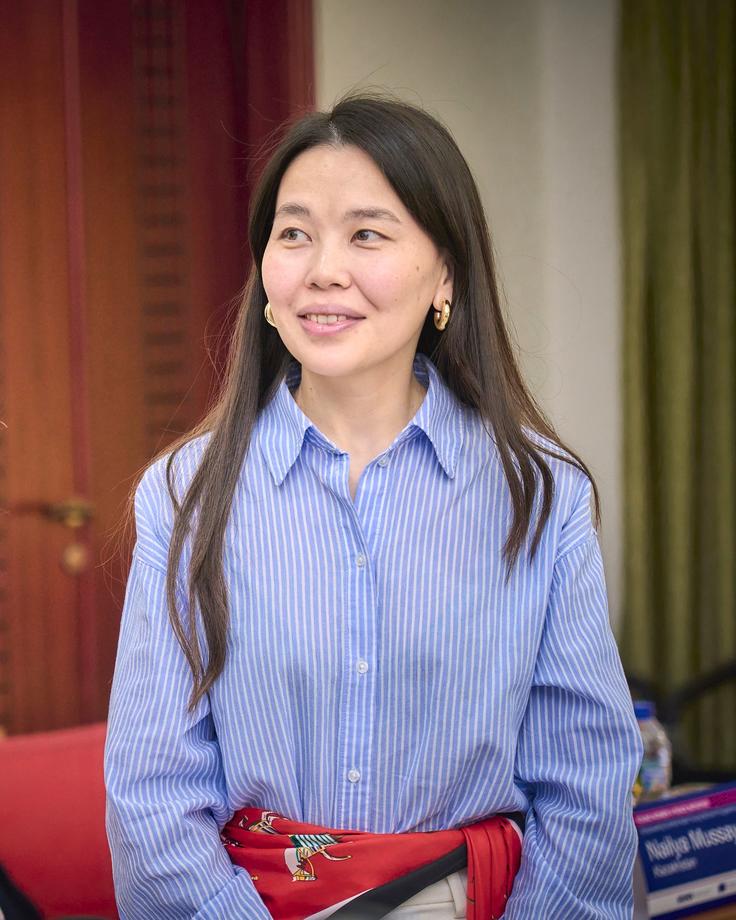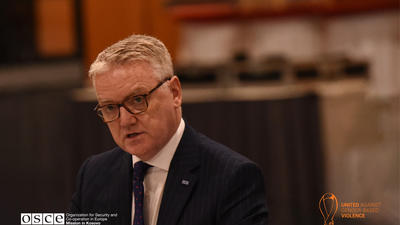-
Our work
-
Fields of work
- Arms control
- Border management
- Combating trafficking in human beings
- Conflict prevention and resolution
- Countering terrorism
- Cyber/ICT Security
- Democratization
- Economic activities
- Education
- Elections
- Environmental activities
- Gender equality
- Good governance
- Human rights
- Media freedom and development
- Migration
- National minority issues
- Policing
- Reform and co-operation in the security sector
- Roma and Sinti
- Rule of law
- Tolerance and non-discrimination
- Youth
- Field operations
- Projects
-
Meetings and conferences
- Summit meetings
- Review Conferences
- Ministerial Council meetings
- Plenary meetings of the Permanent Council
- Plenary Meetings of the Forum for Security Co-operation
- Security Review Conferences
- Annual Implementation Assessment Meetings
- Economic and Environmental Forum
- Economic and Environmental Dimension Implementation Meetings
- Human rights meetings
- Media conferences
- Cyber/ICT security conferences
- Conference of the Alliance against Trafficking in Persons
- Gender equality conferences
- Annual OSCE Mediterranean conferences
- Annual OSCE Asian conferences
- Partnerships
-
Fields of work
-
Countries
- All
-
Participating States
- Albania
- Andorra
- Armenia
- Austria
- Azerbaijan
- Belgium
- Belarus
- Bosnia and Herzegovina
- Bulgaria
- Canada
- Croatia
- Cyprus
- Czechia
- Denmark
- Estonia
- Finland
- France
- Georgia
- Germany
- Greece
- Holy See
- Hungary
- Iceland
- Ireland
- Italy
- Kazakhstan
- Kyrgyzstan
- Latvia
- Liechtenstein
- Lithuania
- Luxembourg
- Malta
- Moldova
- Monaco
- Mongolia
- Montenegro
- The Netherlands
- North Macedonia
- Norway
- Poland
- Portugal
- Romania
- Russian Federation
- San Marino
- Serbia
- Slovakia
- Slovenia
- Spain
- Sweden
- Switzerland – OSCE Chairpersonship 2026
- Tajikistan
- Türkiye
- Turkmenistan
- Ukraine
- United Kingdom
- United States of America
- Uzbekistan
- Asian Partners for Co-operation
- Mediterranean Partners for Co-operation
-
Structures and institutions
- Chairpersonship
-
Secretariat
- Secretary General
- Office of the Secretary General
- Conflict Prevention Centre
- Transnational Threats Department
- Office of the Special Representative and Co-ordinator for Combating Trafficking in Human Beings
- Office of the Co-ordinator of OSCE Economic and Environmental Activities
- Gender Issues Programme
- Opportunities for Youth
- Department of Human Resources
- Department of Management and Finance
- Office of Internal Oversight
- Documentation Centre in Prague
- Institutions
-
Field operations
- Presence in Albania
- Centre in Ashgabat
- Programme Office in Astana
- Programme Office in Bishkek
- Mission to Bosnia and Herzegovina
- Programme Office in Dushanbe
- Mission in Kosovo
- Mission to Moldova
- Mission to Montenegro
- Mission to Serbia
- Mission to Skopje
- Project Co-ordinator in Uzbekistan
- Closed field activities
- Parliamentary Assembly
- Court of Conciliation and Arbitration
- Organizational structure
- About us
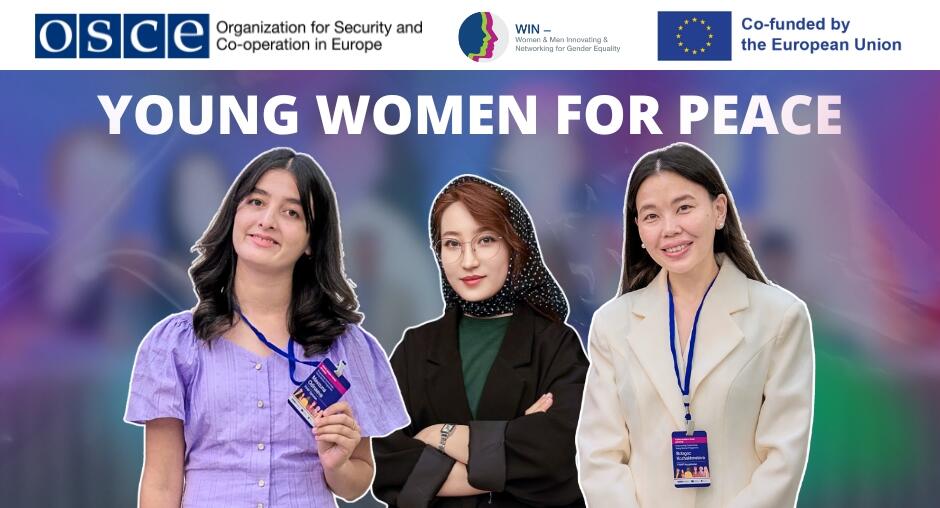
Story
Empowering communities for peace in action: Fatema (Afghanistan), Mavzuna (Tajikistan) and Botagoz (Kazakhstan)
- Date:
- Source:
- OSCE Secretariat
- Fields of work:
- Gender equality
Fatema, Mavzuna and Botagoz work closely with their communities to challenge stereotypes and promote lasting peace. Through the EU funded Young Women for Peace Initiative (YW4P), launched by OSCE/WIN, they have gained the skills, support and networks needed to turn challenges into opportunities and advance their peacebuilding and security efforts across the region.
Fatema Hosseini grew up in Afghanistan, where insecurity and gender-based restrictions were part of daily life and shaped her drive for peacebuilding and women's empowerment. At just 19, while interning in the education office of the Swedish Committee for Afghanistan, a Swedish non-governmental organization dedicated to providing humanitarian aid and development support to the people of Afghanistan, Fatema’s passion for women’s empowerment began to grow: “Each time I reviewed assessments, I could see how deeply social norms and systemic barriers held women back from leadership, education and development,” she says. “Today, the situation is even worse.”
With women now completely excluded from public life in Afghanistan, her resolve has only grown stronger. In response, she stepped into leadership roles in youth programmes and launched initiatives focused on digital skills training for women, life skills for youth and mental health awareness - often leading remotely and coordinating tirelessly from afar.
She led the Women in Business project, a digital training programme designed to equip Afghan women with the skills to launch and run small online businesses, an initiative she considers her proudest achievement. Leading her own project without mentors was a challenge, but Fatema drew strength from the women around her. “I wasn’t guided by a single mentor, but by the quiet strength of the women around me: mothers, teachers and colleagues, who carried the weight of life with dignity. Their resilience showed me what leadership looks like in everyday acts of courage.”
She joined the Young Women for Peace Initiative (YW4P) to connect with other change-makers across the region and amplify the voices of Afghan women. “The programme gave me tools, networks and inspiration to move forward during one of the most uncertain times of my life. It reminded me that I’m not alone and that our stories, even in pain, carry strength,” she explains. Through YW4P, Fatema gained leadership, advocacy and strategic skills that continue to fuel her work.
She believes: “When women are excluded, peace is lost.” And to every young woman navigating adversity, she says: “Even when everything around you falls apart, your spirit can remain whole. Your dreams are still valid.”
Leading women’s rights in rural Tajikistan
Growing up in Kulob, a rural town in southern Tajikistan, Mavzuna Odinaeva faced the weight of traditions, social constraints and conservative expectations. But instead of accepting limitations, she used them as fuel: “They were the very factors behind my growth. They were contributing to my out-of-the-box thinking, transforming a challenges-to-opportunities mindset and consequently contributing to my empowerment.”
Mavzuna’s leadership journey began in her sophomore year and has since expanded through a variety of roles. Her focus lies in women’s rights, youth development and education. “I’m super proud to see outcomes in my community,” she says, recalling a project that helped students from low-income families become U.S.-funded scholars.
Her passion for gender equality was shaped by what she witnessed around her: “Noticing my literate peers who did so well in their studies but not pursuing their passions and giving up on their dreams after marriages was another factor influencing my passion for women’s empowerment. They shaped my goals, personality and views differently.”
This drive led to national activism and launching community-focused awareness campaigns like “Violence has no excuses” and “Stereotypes – a barrier for Women’s Development”, both funded and supported by the OSCE.
She encountered various challenges along the way, especially in engaging village elders who were skeptical of change. But those moments taught her how to lead with purpose: “I learned the importance of patience, the power of empathy and the effectiveness of communication.”
The YW4P initiative helped her grow personally and professionally: “The programme exceeded my expectations. Not only did I fulfil my original goals, but I also discovered new aspirations and set fresh goals for my future in peacebuilding. The experience broadened my understanding of regional challenges, deepened my commitment to new initiatives and helped me refine my leadership style. It has been a truly transformative journey.”
Her message to others is simple but powerful: “Remember the ones contributing to your empowerment, and try to empower others as the legacy left by generations.”
Building peace one business at a time
“From Kostanai to Central Asia, I carry with me a belief in the transformative power of women. My goal is to continue nurturing spaces where women can thrive, lead and become builders of lasting peace, one initiative, one business and one story at a time.”
Botagoz Kozhakhmetova comes from the green city of Kostanai in northern Kazakhstan, where her deep respect for nature grew alongside her strong belief in women’s power to drive change and transform their communities. One story that shaped her vision is that of Assemgul - a woman who left her job to start a business making an instant mix for baursak, traditional Kazakh bread. “My story shows that entrepreneurship is not only about making money, it’s about dignity, independence and helping others.”
With more than six years of experience in gender equality, development and economic empowerment, Botagoz has worked to support women at both local and regional levels. As a project manager of the Women Entrepreneurship Development Center, an organization providing tailored support programmes for women-owned small and medium-sized enterprises, she helped more than 700 women-led businesses grow through training, mentoring and support.
She is also the founder of EmpowHERment, a community initiative that supports rural women in northern Kazakhstan. In addition, she mentors young women across the region through Girls for Girls: Central Asia Edition, a mentorship programme that promotes education and helps girls unlock their full potential. She is driven by the belief that “women’s economic empowerment plays a key role in achieving sustainable development and building stronger, more inclusive societies.”
Joining the Young Women for Peace Initiative was a turning point for Botagoz: “What I found was far more profound - an inspiring community of women, each with her own story, mission and unwavering commitment to build, change and co-operate. I built everlasting connections and learned from other incredible young women.”
Thanks to YW4P's tailored training, peer exchanges and regional collaboration, she strengthened her ability to drive impact across the region. “The opportunity for the development and implementation of cross-border project initiatives and the endless support from the OSCE WIN Project team has been priceless,” she says.
Her message to others: “Leadership is not about being the loudest in the room. It is about being brave enough to stand up, speak out and lift others as you rise.”
Fatema, Mavzuna and Botagoz are among the 18 young women from Central Asia and Afghanistan participating in the Young Women for Peace (YW4P) Initiative, funded by the European Union. As part of the OSCE Gender Issues Programme’s WIN for Women and Men project, YW4P promotes young women’s leadership in peace and security across Central Asia and Afghanistan. This series spotlights their stories, highlighting their contributions and the Initiative’s lasting impact on their journeys.
OSCE Impact
Discover more stories about how the OSCE improves lives.
